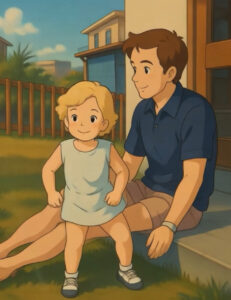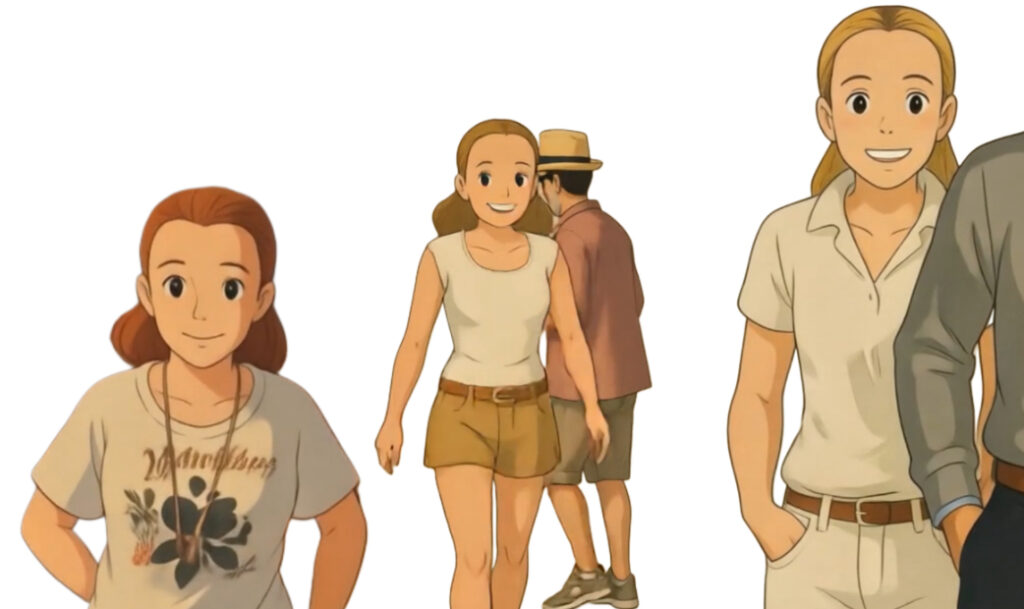What days of the week does the absconding occur? With who does it occur? With whom does it not occur? Is there ever an environment or a person that it never ever occurs with? Why?
Are there fluctuations in when it occurs? Are there lots of episodes in a row and then a break for a period of time? What changed in between then?
What level of freedom of movement is there within the house? Within the front and backyards? Parents often need to sit close by, within quick getting up from where they are sitting to make sure they can run towards the child / young adult to prevent them from climbing fences or interacting with an unusual part of the yard that isn’t safe e.g. eating grass. Being hypervigilant is hard work. Not all yards come with fences. Neighbours may complain or have animals or plants which overhang or bark. Pools that can be seen from inside the house may make an individual with Autism want to explore outside more frequently to see if they can find a way to get to that area so that they can go for a swim. Supervising children / young adults for large portions of your day is exhausting and means nothing else gets done. It is also physically challenging to remain half seated in a relaxed mode and half ready to jump up at any moment. Being able to reach someone quickly takes practice. Running down corridors after children is an expectation when they are little, not as they get older. Its hard work but for a short amount of time we deal with it. When it becomes a longer situation it needs to be managed very differently. Our houses become more of an issue over time. Especially as the kids test all of the boundaries.

Occupational Therapy involves discussion about the environment and accessing things that you like. Finding personal preferences within your local area for places that you can easily go to spend time by yourself. Your age impacts on how you get there and how much time you are allowed to spend in that location and under what conditions / rules. The actual design of the street in which you live in, does it offer a park, a place for kids to play off of the street, or do you need to share backyard or front yard spaces, or does one house have a better design than the others so that’s where all the kids congregate. If you live in a city, where do you go, the library can be a place that you can be supervised by adults but not have direct interaction with them. Your parents may be ok with that. If you travel via buses, can you take yourself to the shops / mall, can you get yourself to the movies to meet friends or does a parent need to drive you. What happens when a parent needs to be in two places at once because of competing school activities. Learning to be by yourself is an important skill. The environment around us provides safer spaces for kids to learn how to move freely. Transition to adult hood is complex. Depending on where you live.

How do you manage absconding safely. How do you support a child / teen / young adult / adult to be able to explore within health care rules. How does that work when you need to interact with different health care professionals. When you need to work with different environmental systems which support you incredibly well for some things and not for others. Community access is essential to build into therapy sessions. Families have histories as individuals and as a group of people by themselves and with their extended family of relatives for travelling to visit certain places to get together as weekend outings or bigger events. Holidays are part of absconding. School holidays are part of absconding. They are breaks from normal routines.
